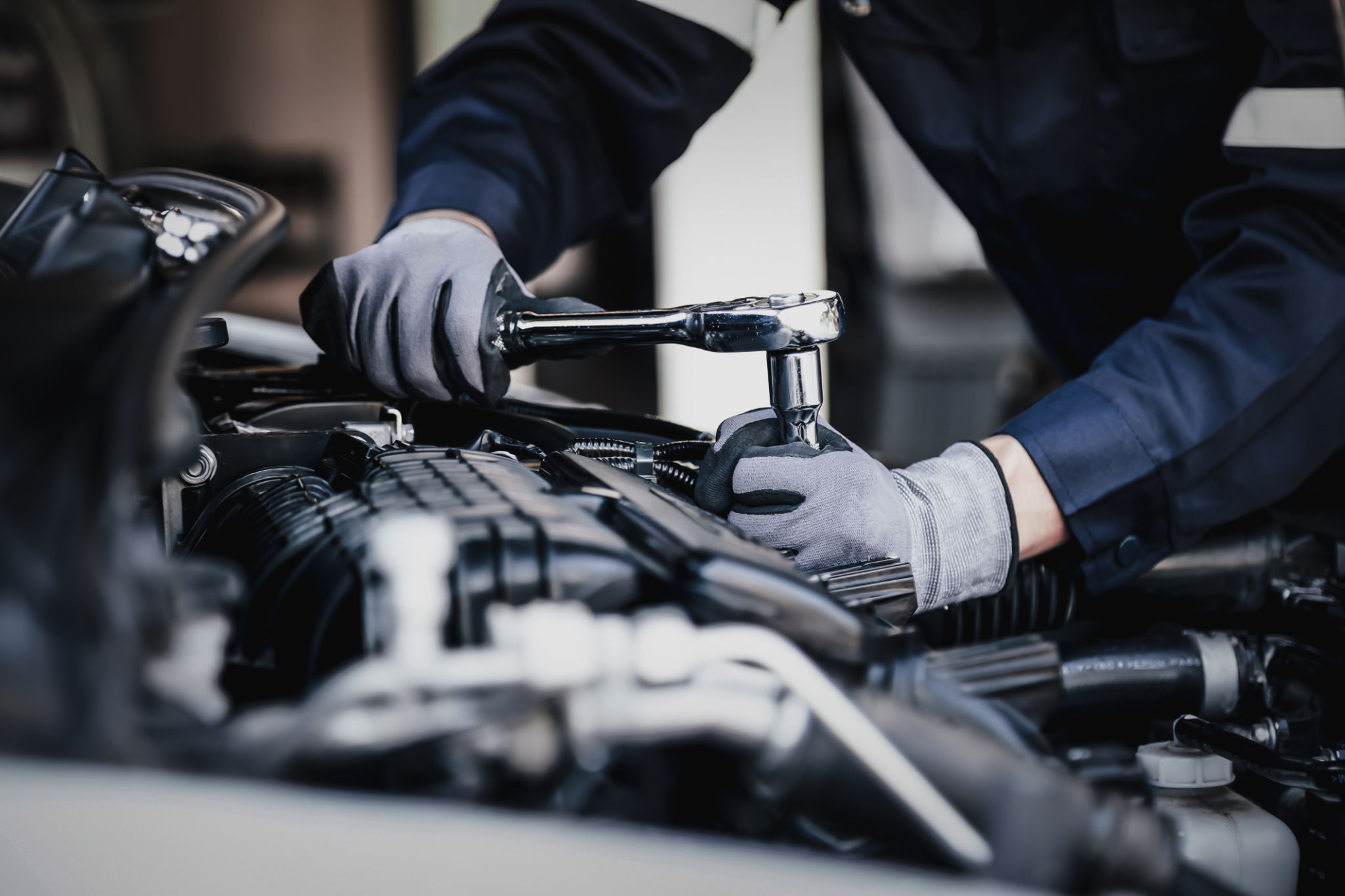Understanding the Benefits of Seasonal Maintenance for Your Taillift
Introduction to Seasonal Maintenance
Ensuring the longevity and efficiency of your taillift is crucial for any business that relies on the smooth operation of logistics and transport vehicles. One of the best ways to achieve this is through regular, seasonal maintenance. By adapting your maintenance schedule to the changing seasons, you can prevent unexpected breakdowns and enhance the reliability of your equipment.
Seasonal maintenance involves a series of checks and services that are tailored to the specific challenges posed by different weather conditions. This proactive approach helps in identifying potential issues before they become major problems, ultimately saving time and reducing costs.

Why Seasonal Maintenance is Essential
Each season comes with its own set of challenges that can affect the performance of your taillift. In winter, for example, cold temperatures can cause hydraulic fluids to thicken, leading to slower operation or even malfunctions. Similarly, in summer, excessive heat can lead to overheating and increased wear and tear on components.
By implementing a seasonal maintenance routine, you can address these issues head-on. This ensures that your taillift remains in optimal condition all year round, reducing the risk of costly repairs and downtime.
Key Benefits of Seasonal Maintenance
There are several important benefits to scheduling regular seasonal maintenance for your taillift:
- Increased Reliability: Regular checks and servicing ensure that all components are functioning correctly, minimizing the risk of unexpected failures.
- Cost Savings: Preventative maintenance helps avoid expensive emergency repairs and extends the lifespan of your equipment.
- Enhanced Safety: Ensuring your taillift is in good working order keeps operators safe and reduces the likelihood of accidents.

Preparing for Winter
As temperatures drop, it's important to prepare your taillift for winter conditions. Start by checking hydraulic systems for any signs of leaks or wear. Ensure that hydraulic fluid is at the correct viscosity for cold weather to prevent sluggish performance.
Additionally, inspect electrical components such as batteries and connections. Cold weather can significantly affect battery performance, so make sure they are fully charged and free from corrosion. Lubricate moving parts to prevent them from seizing in low temperatures.
Spring and Summer Maintenance
Spring is an ideal time to give your taillift a thorough inspection after the harsh winter months. Check for any damage caused by ice or snow and repair as needed. Clean and lubricate all parts to ensure smooth operation.

During summer, focus on cooling systems and ventilation. High temperatures can cause overheating, so ensure that cooling fans and vents are clean and unobstructed. Inspect hydraulic hoses for signs of wear or cracking due to heat exposure.
The Role of Professional Assistance
While some maintenance tasks can be handled in-house, it's often beneficial to enlist the help of a professional service provider. Experienced technicians have the expertise and tools needed to perform comprehensive inspections and repairs, ensuring nothing is overlooked.
A professional service can provide tailored maintenance plans that are specific to your equipment and operational needs. This not only enhances the reliability of your taillift but also provides peace of mind knowing that it is in expert hands.
Conclusion
Incorporating seasonal maintenance into your routine is an effective strategy to enhance the performance and longevity of your taillift. By addressing the specific challenges posed by each season, you can keep your equipment running smoothly and avoid costly disruptions.
Investing in regular maintenance not only saves money in the long run but also contributes to a safer working environment for everyone involved. Make seasonal maintenance a priority and enjoy the benefits it brings to your operations.
